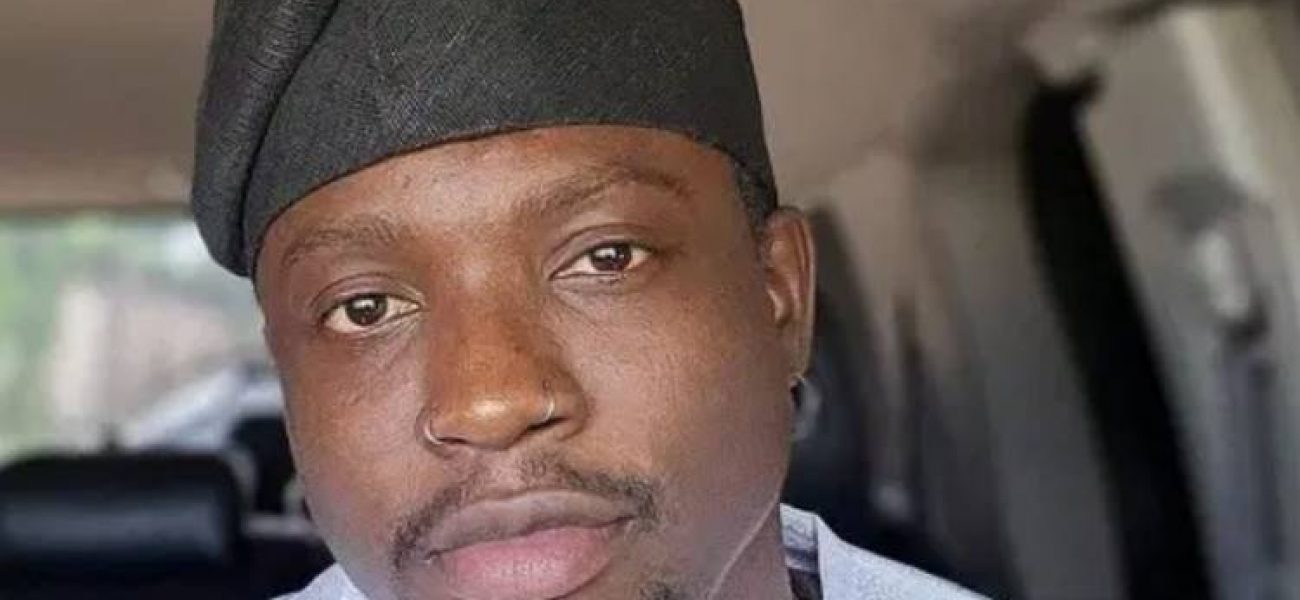In a move that has ignited nationwide debate, the Economic and Financial Crimes Commission (EFCC) on May 2, 2025, arrested social media influencer and outspoken activist Martins Otse—widely known as VeryDarkMan (VDM)—in Abuja. The circumstances surrounding his arrest have drawn criticism from human rights advocates, legal experts, and a growing number of Nigerians who view the action as an attack on free expression and dissent.
Otse was apprehended during a visit to a Guaranty Trust Bank branch alongside his mother, Mrs. Blessing Otse, and his associate, Steven Avuara, to resolve unauthorized deductions from his mother’s account. Eyewitnesses and legal representatives allege that EFCC officers approached the trio at gunpoint, blindfolded Otse and Avuara, and whisked them away without providing clear justification for the arrest.
The EFCC later confirmed the detention, citing multiple petitions related to alleged financial crimes and stating that Otse had repeatedly ignored invitations for questioning. However, the Commission has not yet formally charged him, nor has it provided details of the allegations. Disturbingly, the whereabouts of Mrs. Otse remain unknown—a fact that has heightened public concern.
Backlash was swift. Protests erupted across Abuja under the trending hashtag #FreeVDM, with demonstrators demanding his immediate release. Many see Otse’s arrest as retribution for his fierce criticisms of government institutions, particularly his recent denunciations of corruption within the EFCC itself.
Legal experts and civil rights groups have also raised alarms over the conduct of the arrest. Otse’s lawyer condemned the methods employed, citing violations of Section 35 of Nigeria’s 1999 Constitution, which guarantees the right to liberty and protection from unlawful detention. The EFCC’s failure to arraign Otse within the constitutionally mandated timeframe has further stoked accusations of procedural abuse.
The Policy and Legal Advocacy Centre (PLAC) strongly condemns the arrest, calling it a blatant affront to Nigeria’s democratic values and international human rights commitments—specifically referencing Articles 14(3) and 19 of the International Covenant on Civil and Political Rights. Otse’s activism, though controversial, reflects the frustrations of many Nigerians living under the weight of systemic corruption.
As pressure mounts on the EFCC to release or formally charge Otse, the episode raises urgent questions about the integrity of Nigeria’s law enforcement agencies and their treatment of dissent. A democracy cannot thrive if critical voices are silenced with impunity.
At the time of this publication however, the EFCC is reported to have granted administrative bail to ‘VeryDarkMan’ and he has now been freed.

